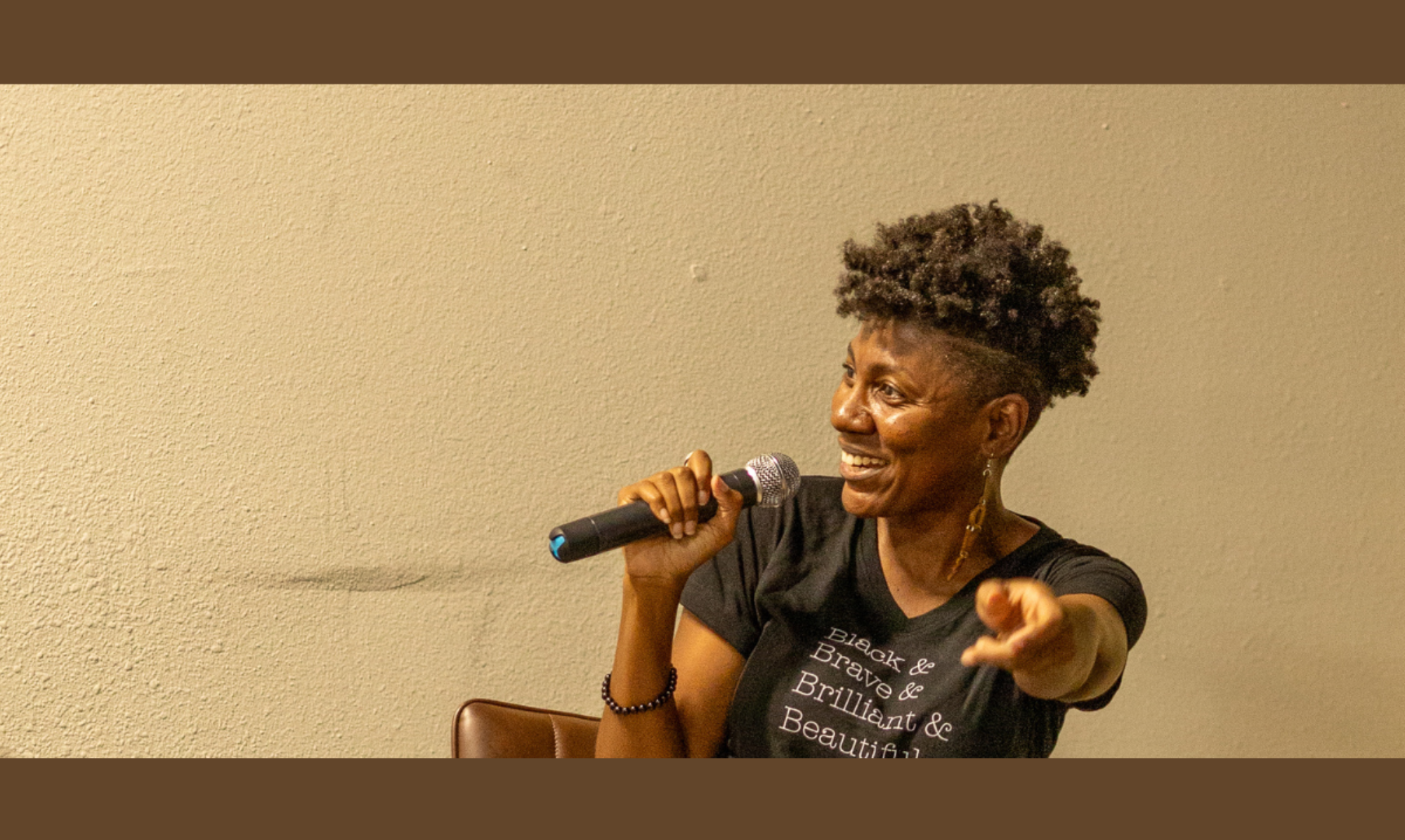Go.
That’s it.
That’s the whole review.
Just go see it.
And see it again.
Lol, okay, I actually have a lot more to say than that!
Watch the Full Conversation Below or scroll to read my notes:
While I facetiously refer to this as “The Only Movie Review You Need,” I actually hope to inspire even more discussion, dialogue, and analysis of this film from multiple vantage points: film studies, narrative studies, historical studies, feminist studies, Black studies, Black feminist studies, Black women’s studies, visual studies, hair politics, costume design, acting technique, marketing, movie production, directing, creative writing, literary studies, rhetorical analysis, and all the things.
Initial Reactions & Overall Impression
This is a great film. Even beyond its sociopolitical significance, it’s just a great film.
I was immediately pulled in by the power of the story, the acting, the production quality, just the whole entire package. I was convinced. I cared deeply about every character. I was taken on an emotional journey, was brought to tears multiple times, felt triumphant and empowered and fierce and loving and angry and compassionate and a full range of human emotions.
And, yes, as a dark-skinned Black woman I felt so seen. I felt seen for all of my humanity. I finally felt like I could identify with all of the main cast. I finally felt like I was well represented in a major Hollywood film.
More than anything, I see The Woman King as a movie about sisterhood.
Contemporary Social Context
We now have a blockbuster Hollywood film that is driven by the personalities and the outer and inner lives of Dark-Skinned Black Women. When has that ever happened before?
Viola Davis has consistently emphasized that reception of this film is speaking very loudly to all of Hollywood, including the gatekeepers, the executives, other directors, producers, studios, movie theaters and streaming platforms, and other actors. They will use this film as precedent on whether to green-light, participate in, or support other movies for decades to come.
Colorism and misogynoir are significant to the social context of this film. I did a brief video the day I saw the movie about colorism and misogynoir among Hollywood audiences, but I want to address it here again. When we do talk about colorism and Hollywood, we usually talk about colorism in Hollywood. We typically focus on those involved in the making and distribution of films, the Hollywood gatekeepers and those within the industry.
That context is still very much important because it sets the stage for one of the reasons why this film is so culturally significant. It’s because of that long-standing and deeply entrenched level of colorism in Hollywood that it’s so noteworthy and groundbreaking to have this film cast the way it was, simply because it’s unprecedented.
But my analysis of colorism in this context goes beyond colorism within Hollywood. I also want to call out the high levels of colorism among movie watchers, which enables and encourages the colorism from within Hollywood.
Bottom line, there will be people of every race, color, and gender who simply are not attracted to movies celebrating the full humanity of dark-skinned Black women. They might enjoy double tapping on sexy photos and twerk videos of us, but don’t want to hear about our back story, what motivates us, what makes us laugh, what makes us cry, what makes us shout with joy, what makes us shout with rage, what makes us dance, and what compels our deepest love.
The Genre: Fact vs. Historical Fiction
“Inspired by True Events” in no way requires that a movie or novel or stage play simply recount historical events like an encyclopedia timeline.
Just because a story is set in the past, doesn’t mean it has to be a “true” story.
There’s a legitimate genre of literature called Historical Fiction. Authors of historical fiction apply history as the setting of a newly imagined story.
You don’t fact check Beloved. You don’t fact-check historical novels because it’s clearly understood that while these stories are “inspired by true events” they were never meant to be textbooks of purely factual data.
The Woman King is one of many historical fiction narratives. What matters most in that genre is not that stories are historically true but that they are emotionally true. And that’s exactly what The Woman King is.
When people say “Hollywood does a bad job of telling our history,” it’s actually misguided and inappropriate to expect Hollywood to be a textbook. Audiences have to do better of knowing the role of Hollywood in society. It’s never meant to teach. If it happens to, that’s just icing on the cake. But education and factual information is never the focus of Hollywood movies. And it shouldn’t be. Read books, watch documentaries, and go to museums if that’s what you’re looking for.
Celebrating Slavery???
Anyone who’s actually seen the movie is probably clear that the movie is very much against slavery.
If you’re interested in my speaking, training, or consulting services, please contact me here.

